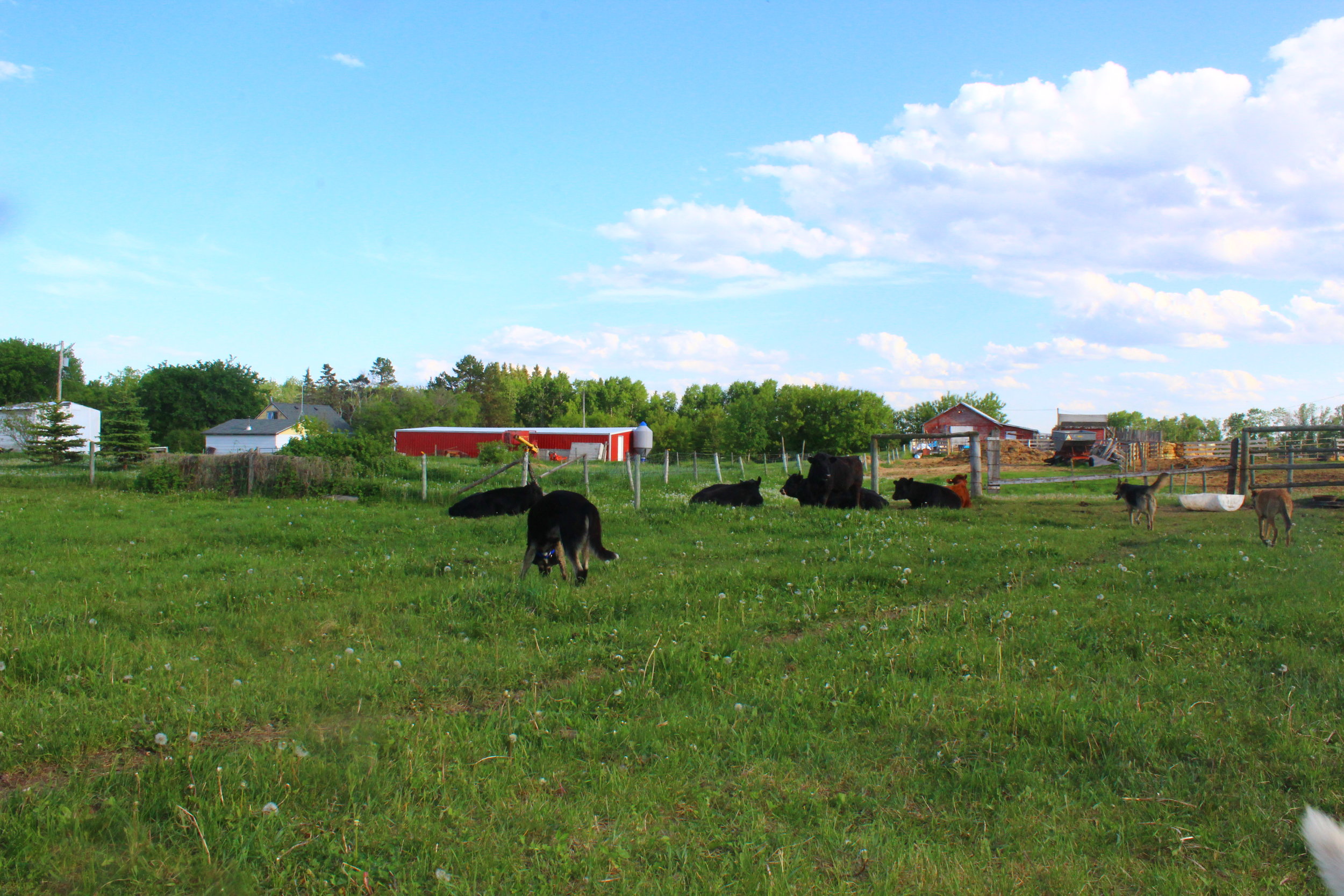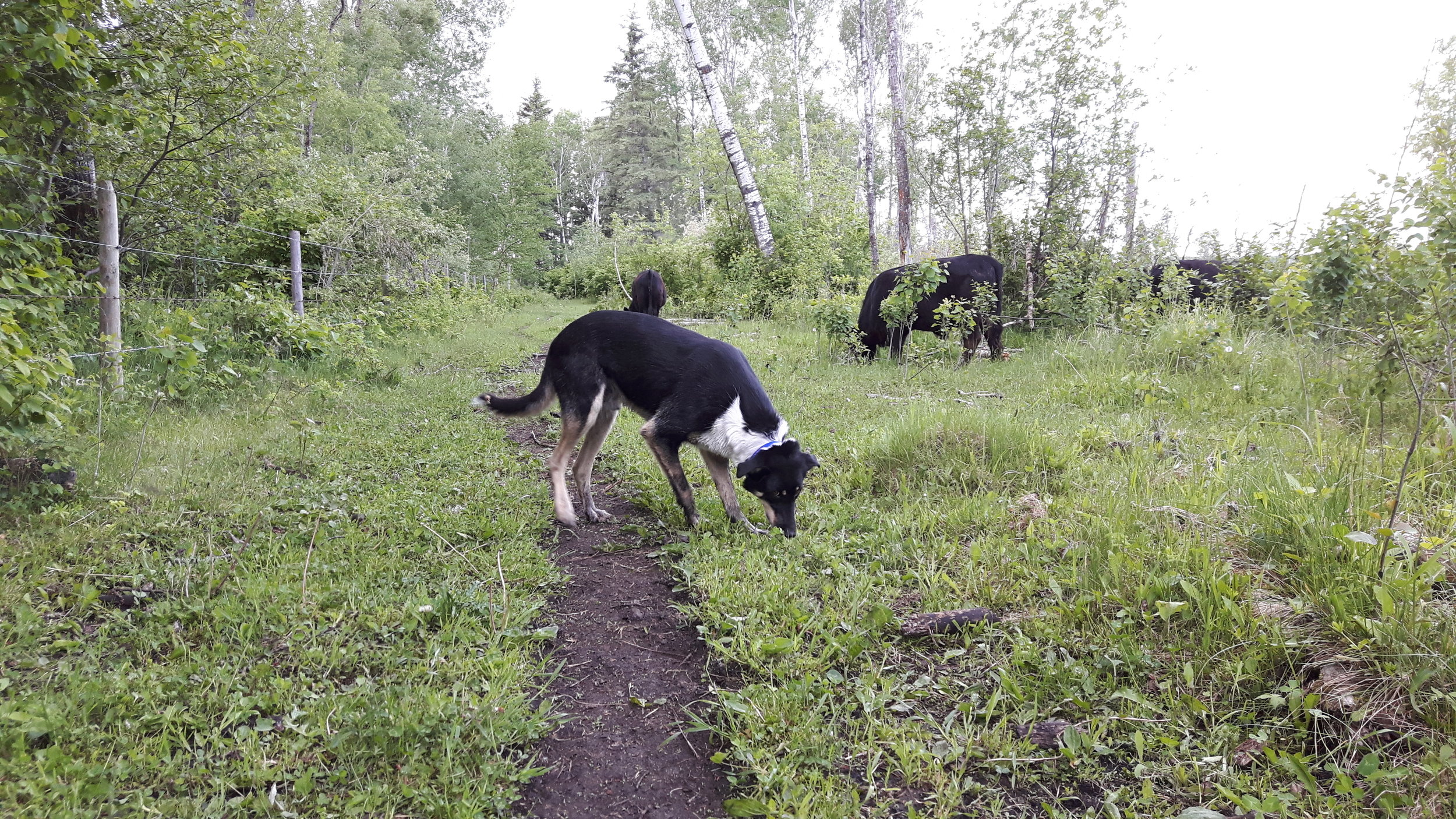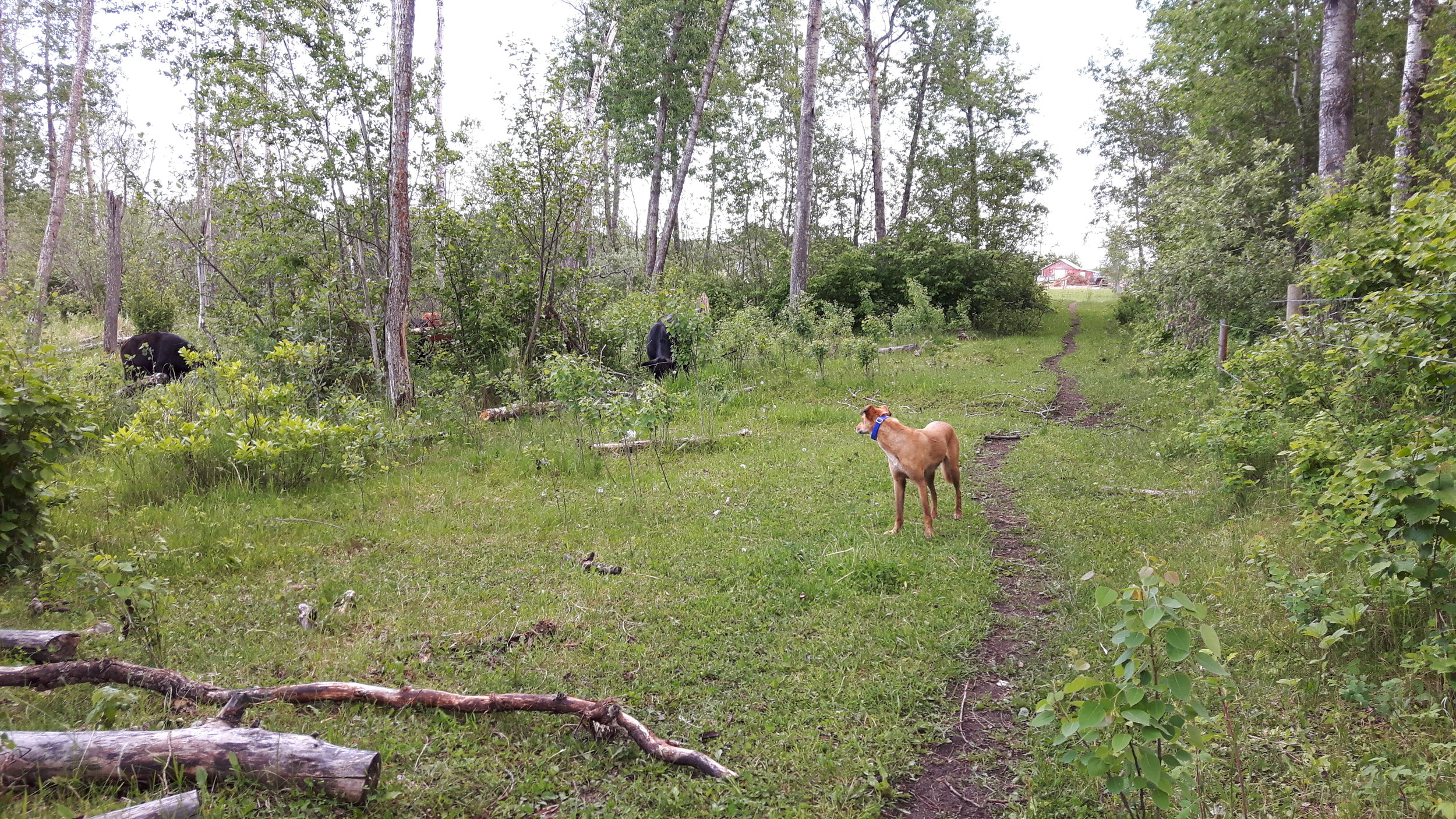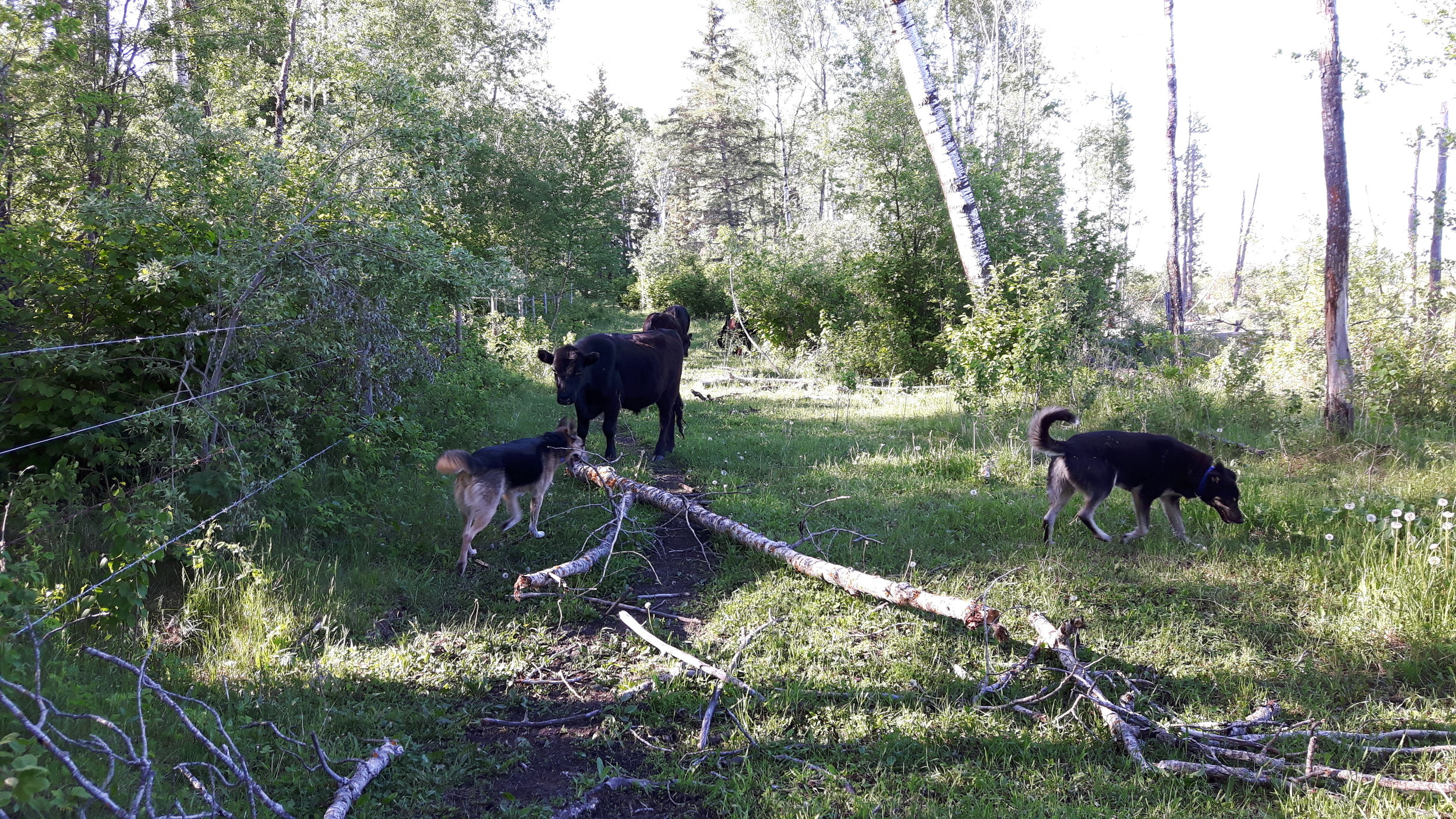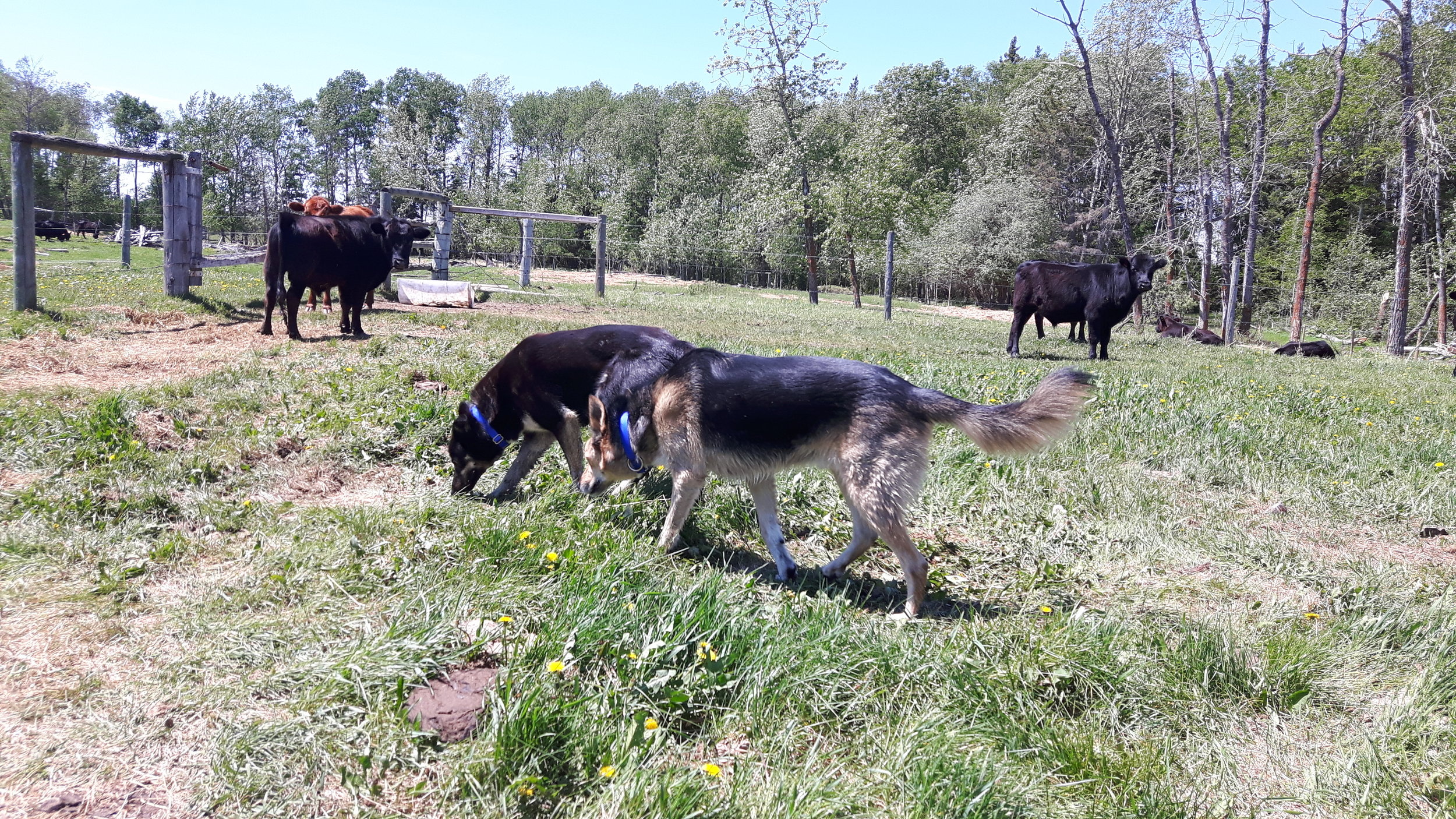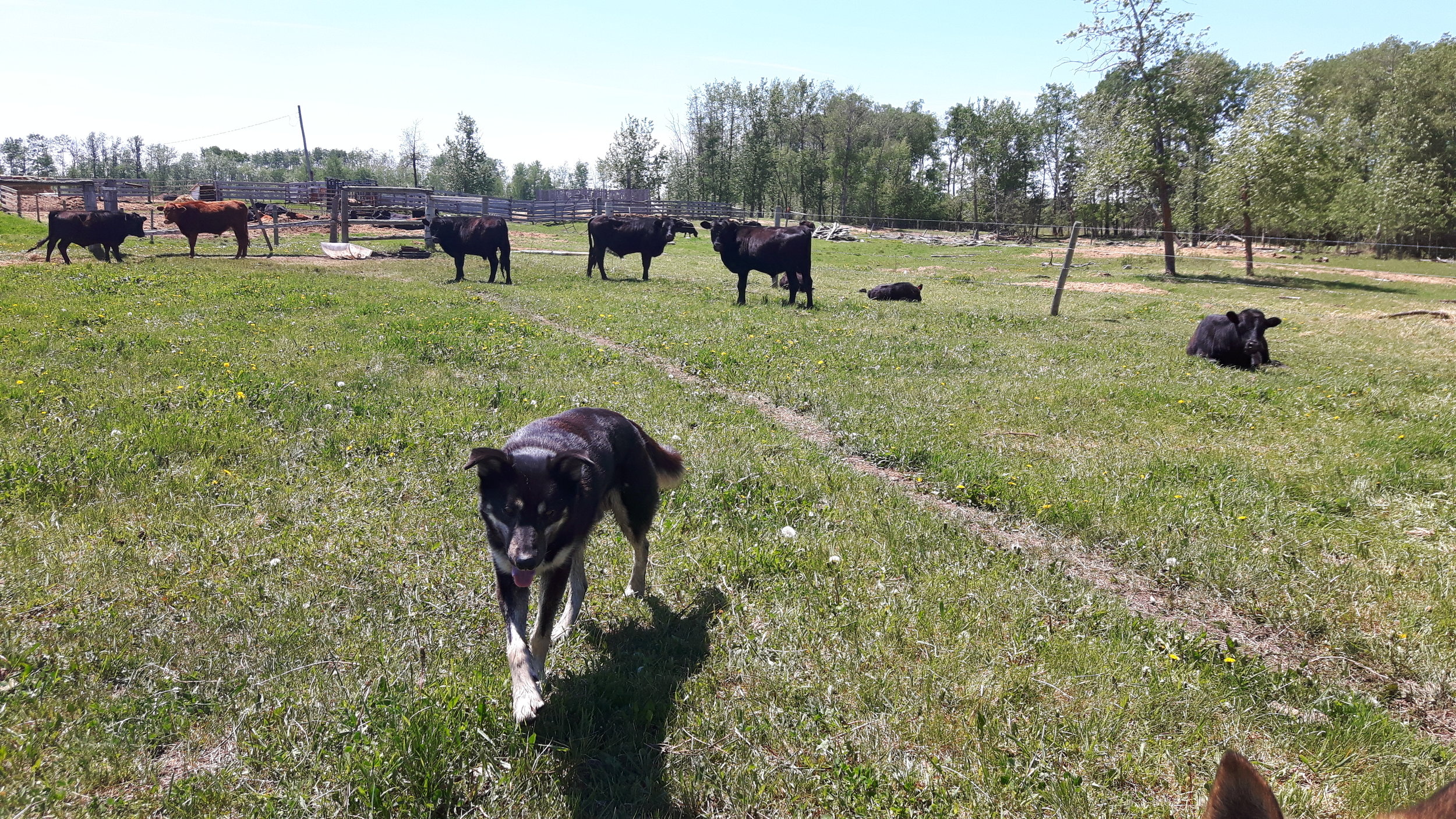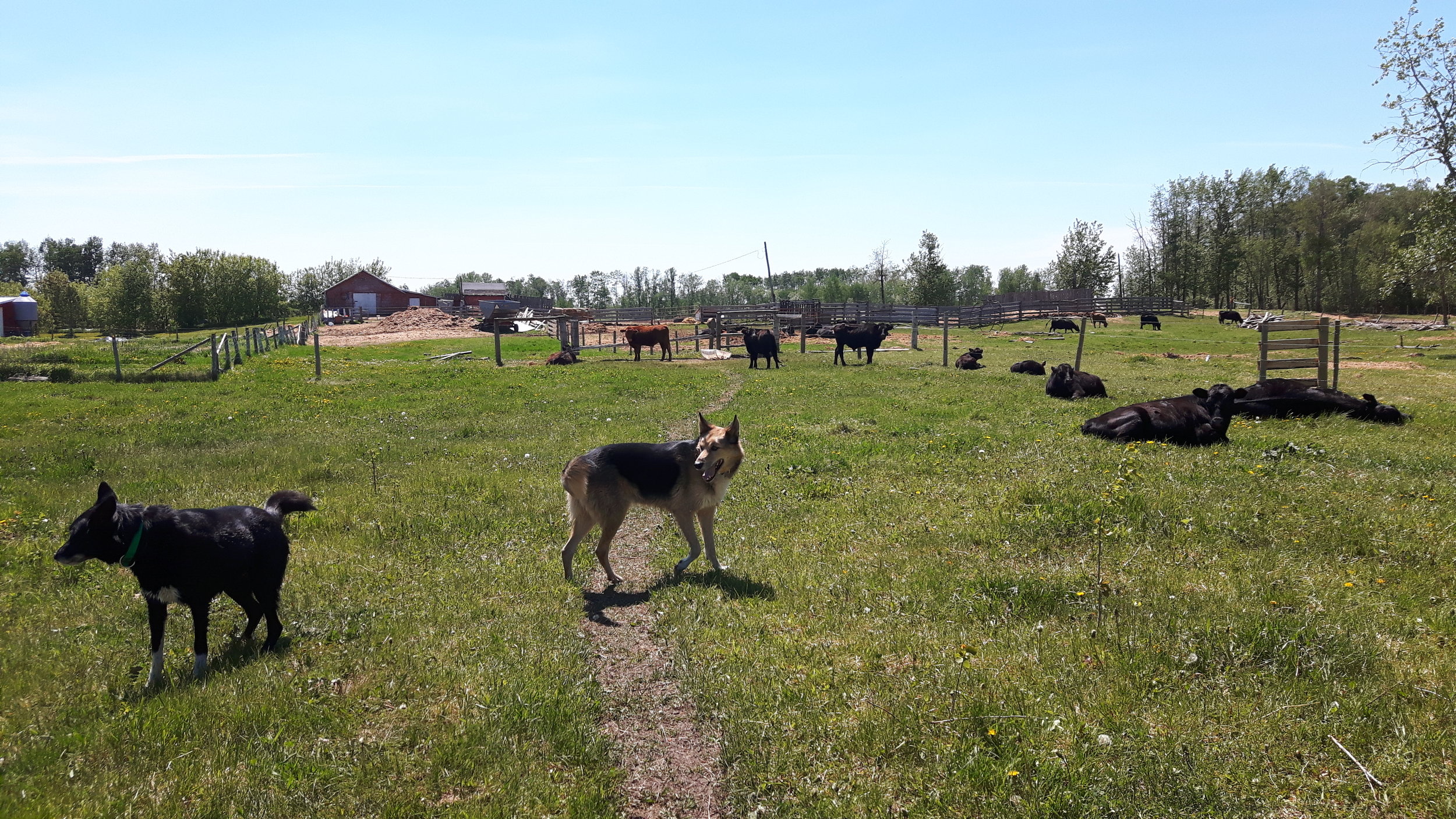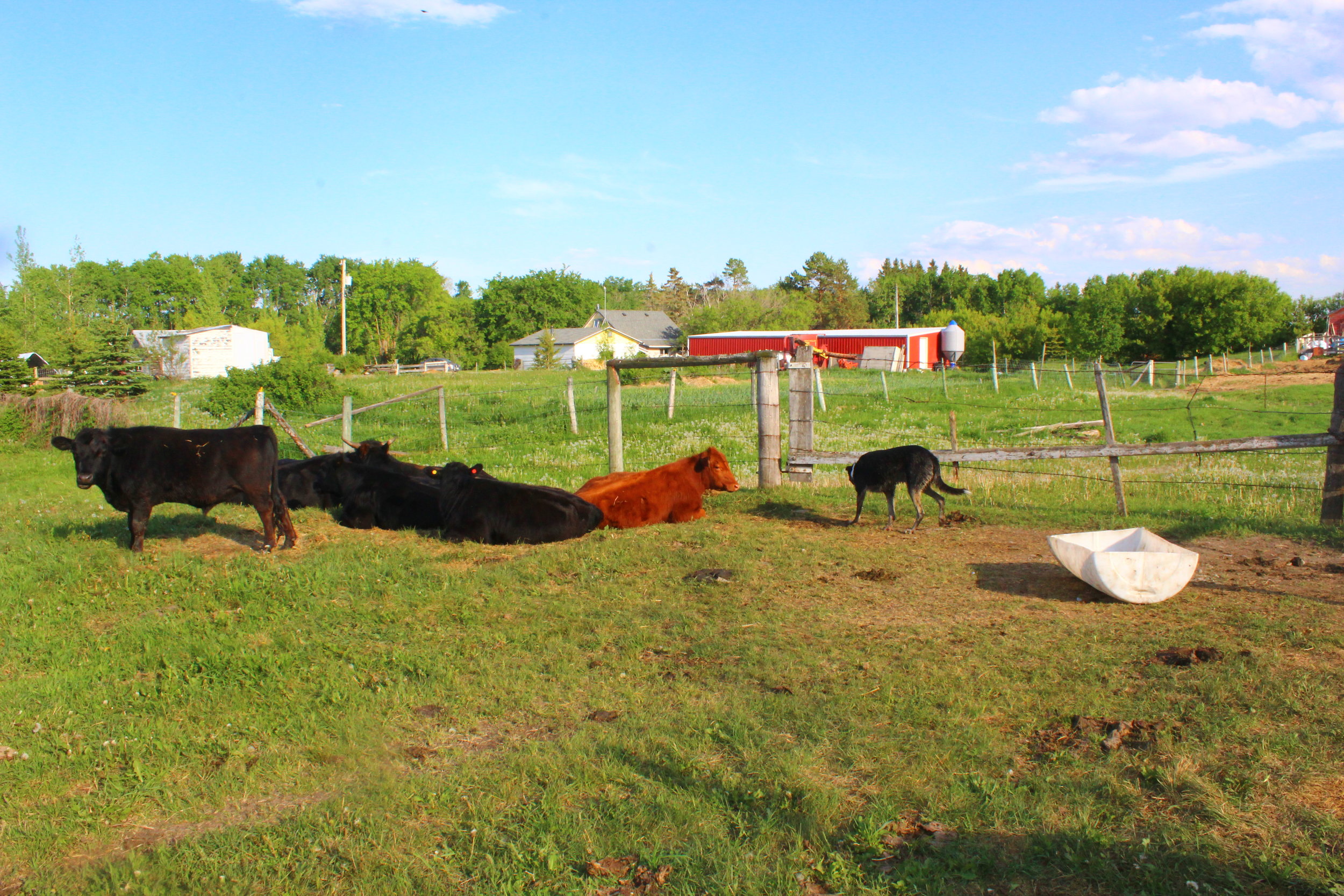Everything Gets Boring If You Do It Right
Apricat jumped up from my lap, eyes wide and back arched. A loud bang from another room had startled him awake, interrupting his purring snooze. He settled back into position after half a minute or so, apparently convinced the danger had passed. It hadn’t, though: another bang followed, and another, and another, each about five minutes apart. His reaction to the second bang was equal to the first, but over the stretch of the whole afternoon, something interesting happened. His reactions grew less intense, and the time he took to curl back into nap mode shortened considerably. By the end of the afternoon, he wasn’t paying attention to the construction sounds at all. Not even a whisker’s twitch.
If you have a cat or dog, this story probably sounds familiar. In fact, it probably matches your own experiences in a busy, loud world. Do you live close to a bus or ambulance route? Or perhaps there’s a loud, ticking clock in your living room, or a heater or fan that comes on automatically. During the first few days you lived with those sounds—regular but not particularly meaningful or scary—they may have been annoying, but soon enough, you stopped paying attention. I lived on a busy downtown thoroughfare once, and had the rather surreal experience of someone asking me “is that an ambulance?” when we were on the phone. I tuned in, and indeed an ambulance was passing right below my window, sirens blaring. Much to my surprise.
This fascinating ability we have—all of us, including cats and dogs (and snails, for that matter)—to get used to stuff around us is absolutely vital to functioning in the real world. Imagine if your reaction to the sound of fridge’s compressor turning on was the same as when someone sneaks up behind you and yells “BOO!” You'd constantly be in such a state of shock and surprise that you wouldn’t be able to eat, sleep, drink, or make merry. (In the “you can habituate to almost anything” file: I have habituated to ticks, living in Swampatoba. Ticks crawling on me; ticks biting me. I don’t even look up from my book as I ...discard of them.)
The ability to just get used to stuff—habituation, as the psychologists call it—can be handy for dog training. For example, if your dog startles a bit at a non-scary sound or sight like Apricat did, you can just let habituation take its course. Caveat: sometimes, the startle will get worse all by itself, known as sensitization. If that's the case, keep your dog away from the thing that’s startling them and call in a trainer, stat.
Another time when habituation is really useful is with dogs who are a bit too interested in other animals: cats, wildlife, or livestock. For dogs who chase or pester, but do not harm; habituation is a good option or a good addition to a more comprehensive behaviour change plan. The aim is to have your dog essentially get bored of the animal.
Habituation is most likely to happen if conditions are right:
- Your dog can perceive (see, hear, smell) the animal.
- Your dog isn’t alarmed or reacting to the animal at the distance you are at.
- Your dog receives regular exposure.
- Your dog receives long-duration exposure.
- There is a reasonable amount of time between exposures (~hours).
Does this sound like it could never work for your dog? I have a houseful of dogs just ready to yell it from the treetops: habituation works, it's just a looooooooong game. A few years ago, these sled dogs would have chased, pestered, nipped, cornered, and in general been unmanageable, around cows. Now, we walk relatively calmly right through cowlandia. And habituation wasn’t just at work for the dogs: during our bovines are boring time, the cows were also habituating... to dogs! A few years ago they would have been much more likely to startle and flee. It’s not fair to the cattle for them to feel startled and scared whenever me and the crew walk among them (and a startled, running cow is much more attractive to a sled dog), so I will chalk this up as a very hearty win-win.
Everything gets boring if you do it right.
This blog is a part of Companion Animal Psychology's Train 4 Rewards Blog Party.

